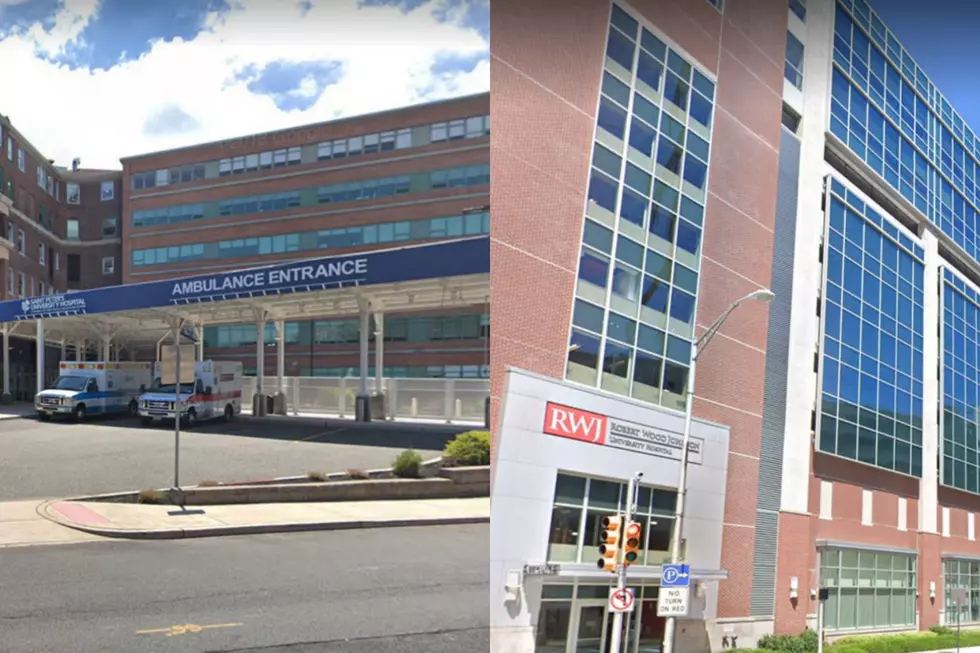
Nurses struggle to make ends meet in New Jersey
As we celebrate National Nurses Week, many nurses in the Garden State are struggling to make ends meet.
The nursing shortage that affected New Jersey for years is over, and now many nurses, especially in North Jersey, are struggling to find work.
Meanwhile a new report by WalletHub finds New Jersey is the fifth worst state in the nation for nurses.
The report finds the Garden State ranks 42nd for monthly median starting salary for nurses, adjusted for the cost of living. In addition, New Jersey and it comes in 43rd for nursing job openings per capita.
"The reason why the job market is so tight is because the Jersey economy is still very sluggish and most of our nurses are not retiring at 65, now we're seeing more nurses work into the late 60's and in some cases into the 70s," said Judy Schmidt, the chief executive officer of the New Jersey State Nurses Association.
Schmidt said most hospitals don't have retirement plans, and while they may have 401K plans, nurses would still have to pay for their own health insurance.
"Some of them still have kids that are in college so they're paying off college loans, so I think it's a pure economical issue," she said.
Schmidt also said the situation is compounded because of New Jersey's high cost of living and high taxes. She said even though many nurses are elderly, they can still get the job done.
"They're physically fit because they've been working in their role for such a long time. You know they may be a little bit slower walking down the hallway, maybe the knees are creaking a little bit more, but they're able to do the job they were hired to do," she said.
Schmidt also said out every healthcare facility evaluates their employees every year, so if there was some problem -- physically, mentally or cognition wise if someone is not able to do a job -- a determination will be made and they will not be allowed to work as a nurse.
Schmidt said if the economy does improve enough that these nurses can retire, the state could suffer another "severe" nursing shortage.
"That would start to open up a tremendous amount of positions. Hopefully our nursing schools will be able to handle some of this problem, but I think it's going to be a challenge," she said, adding that the average age of New Jersey nurses is somewhere in the mid-50s.
More From 92.7 WOBM










